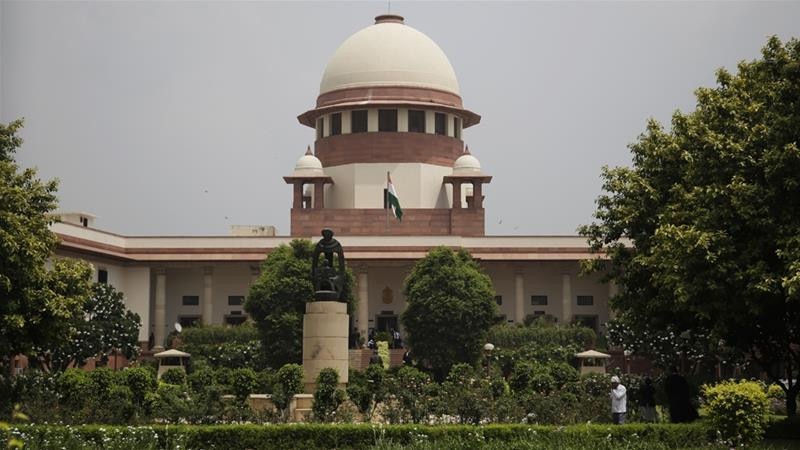India’s top court on Thursday struck down a controversial election funding system that allowed individuals and companies to send unlimited donations to political parties without the need to disclose donor identity, a system critics have long said is undemocratic and favored Prime Minister Narendra Modi’s ruling party.
A five-judge constitution bench on the Supreme Court ruled that “electoral bonds” are unconstitutional and violate citizens’ right to information held by the government. It ordered the government-owned State Bank of India to stop issuing these bonds and provide details of donations made through them to the Election Commission of India.
The electoral bond scheme was introduced by Modi’s ruling Bharatiya Janata Party in 2017. Before that, political parties in India had to disclose the identity of any donor who gave more than 20,000 rupees (about $240). But the latest instrument of political financing allowed them to declare the amount of money they received through the bonds, but not the funders’ identity.
These bonds were sold in denominations ranging from 1,000 rupees ($12) to 10 million rupees ($120,000).
Modi’s party has said the bonds have reformed political finance by eliminating the use of cash, but critics say the system is opaque due to the anonymous nature of the donations. They also say the state-owned bank has a record of donors and recipients, which makes it easy for the government to access the information and influence donors.
The Supreme Court’s verdict comes just months ahead of a national election and is seen as a setback to Modi’s ruling party, which has been the largest beneficiary of the system.
From 2018 to 2023, anonymous donors have given more than $1.9 billion to political parties through these bonds, according to Association for Democratic Reforms, an election watchdog. It said between 2018 and March 2022 nearly 57% of these donations went to Modi’s BJP. In comparison, the opposition Congress party has only received 10%.
Only registered political parties that received a minimum of 1% of votes in a previous election for the parliament or a state assembly were eligible to receive these bonds.

